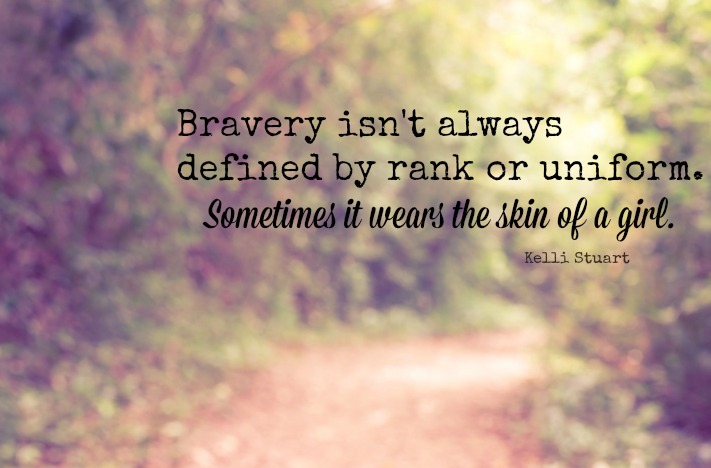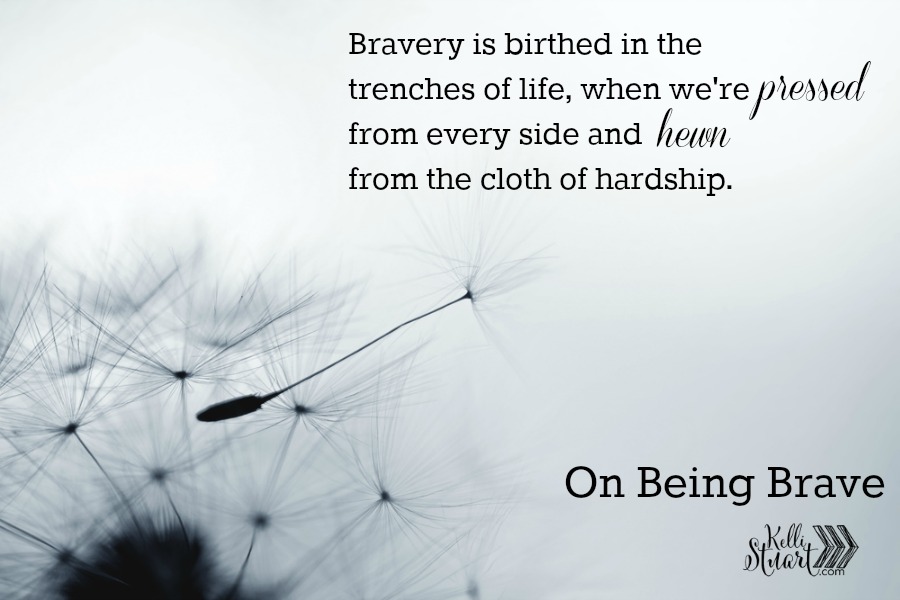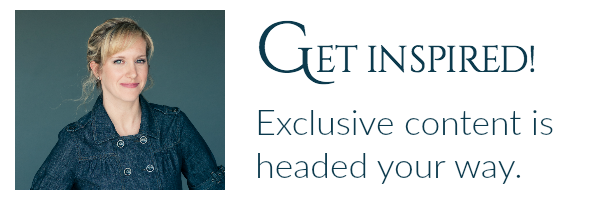by Kelli Stuart | News, Novel, Ukraine, veteran's stories, World War II
She sat across from me, her mouth turned up into a soft smile. With eyes crinkled at the edges, and a gentle lilt to her words, she took me back into the recesses of her memory.
It was 2003, and I was in Vinnitsya, Ukraine. Elizabeta Yepifanova agreed to meet with me on a brisk, March morning, and over a spread of tea and chocolates, she invited me into her story.

Elizabeta was sixteen when the Nazis invaded Vinnitsya. Unable to enlist in the Red Army, she found herself stuck, forced to live under the invader’s imposed law, and unwilling to stand idly by while young boys with cropped hair took over her home. She wasn’t, of course, the only one left heated with indignant pride.
A group of young men and women like herself formed a quiet group. Meeting weekly in the hushed corners of the local library, this pack of partisans made it their mission to fight a different kind of battle with the Nazis.
“We fought a psychological battle,” she told me. The interpreter sat quietly by my side, whispering Elizabeta’s every word like it was a sacred secret, and perhaps it was.
“We wanted those boys to know that though they had physical might, they did not have the power to break our spirit.” She tossed me a mischievous glance. “And we won that psychological battle.”
Not content to subject themselves to the Nazi’s rules, Elizabeta and her comrades devised secret plans to keep the German soldiers ever aware of their own infallibility. “The Germans were afraid of us,” she laughed. “We were unpredictable and shrewd. They never knew where we would strike next.”
“I got very close to a Nazi once,” she continued. “It was the most dangerous mission I participated in. But I was successful. Of course I was successful,” she chuckled. “I’m here talking with you now!”
Late one evening in 1943, Elizabeta and her friend, Sophia, walked to a nearby market where German soldiers were known to congregate, and they openly flirted with two of the Nazis.
“We got those boys to come with us easily,” she said, eyes twinkling. “We didn’t speak German, of course, and they knew very little Russian, so most of the communicating took place with gestures. But if you can believe it, I was quite beautiful then, so it didn’t take much to convince them to follow us.” I smiled, because I could believe it. Behind the wrinkles and the grey hair, Elizabeta Yepifanova had striking features.
“We lured them to our safe house and had them take off their coats in the front hall. When we saw their guns, we pretended shock and fear, and those boys were quick to remove the weapons and lay them down. They thought they’d get something from us that night, but we were the ones who got lucky.” With a slap of the knee, Elizabeta let out a hearty laugh.
by Kelli Stuart | Faith, Inspiration
I sat in the middle of a long table, a spread of foreign food laid out before me. It was hot in there, bodies compacted together, unfamiliar syllables and consonants mingling with the smells to overwhelm my senses entirely. I took it all in quietly, not really sure of my place inside this boisterous bunch. After a few minutes of simple observation, the meal was served, and I finally asked the question burning in my heart.
“How did you do it? How did you survive?”
It was 1995, and I was Kiev, Ukraine, in the home of Maria Ivanovna. I knew her story, having been told by her granddaughter who served as the translator for our group. I knew that she’d been sent to Germany at the age of 14 to serve in a slave labor camp. I knew she’d survived starvation and brutality, and at least one severe beating.
I knew that when the war finally ended, she found her way back to Ukraine by jumping on trains, sometimes clinging to the outside of a train car for hours.
I knew that her father was one of the few who survived Babi Yar, the killing ditch where nearly 34,000 men, women, and children were massacred in two days time in 1941.
I knew all the details, but what I couldn’t wrap my mind around was how.
How did this little woman with the silver hair and hearty laugh survive those years with her spirit in tact? How could she sit before me and tell her story without slipping into the horror of those years again?
How was she so…happy?
I wish I could remember her answer. I asked this question as a sixteen year old girl, long before the thought of writing a book ever took shape. I was just curious, and I remember the room growing quiet as my question was translated into a language I did not yet understand.
While I do not remember her exact words, I do remember the way she looked at me. Her eyes were a smile, peace shimmering in the depths as she focused tenderly on my face.
Though I don’t remember the exact words spoken at that dinner so many years ago, what I do remember is how I felt when we left that night. Maria made me feel brave.

I’d never really thought of myself as brave before that night.
Adventurous, maybe. Impulsive, gregarious, excitable. But brave? Not really.
Like any sixteen year old girl, I battled insecurities on a daily basis. I found myself constantly fighting against the impulse to tuck into the corners of my life and reside in the shadows, because wouldn’t it be easier there? If I could minimize expectation, perhaps I could also minimize the threat of failure, of heartache, of any sort of emotional pain.
But there was something about Maria that made me feel like I could step out of the shadows.
It was the way that she carried her story, the way she so willingly gave her experience to me, like it was a treasured gift. There was no animosity, no bitterness, in her memories. She didn’t wear them like an albatross, walking victimized through the rest of her life.
Years later, I returned to Ukraine and I spent the afternoon with Maria’s granddaughter, Helen. Maria was sick and couldn’t take visitors at that time, but she took my questions over the phone through Helen’s translation. Even then, though grown and preparing to be a mother myself, I still wrestled with the cruelty and brutality of those dark war years.
I still didn’t understand how she did it – how any of the men and women who survived World War II did it.
But I’ve learned in the years since then that bravery isn’t something you’re born with – it’s something you learn.
[Tweet “Bravery isn’t something you’re born with – it’s something you learn.”]
Bravery is birthed in the trenches of life, when we’re pressed from every side and hewn from the cloth of hardship. But where does it come from?
“Have I not commanded you? Be strong and courageous. Do not be afraid; do not be discouraged, for the Lord your God will be with you wherever you go.” Joshua 1:9
If we truly understand the origins of bravery, then we just might see the potential waiting for us in the hard times. Bravery isn’t something that I can muster up on my own strength, though I suppose I could convince myself of that.
No, bravery and courage are most alive inside the power of the One who wove them into me in the first place.
The potential for bravery is knit into all of us, whether we see it or not. But the recognition of God as the author of that bravery unleashes a power far greater than any of us realize.
This is one of the many lessons I learned as a young woman in a foreign land. Bravery isn’t defined by rank or uniform, or even by experience. Bravery is simply lived and shared, and acknowledged in the hard places of life.
Be brave today, friends.


